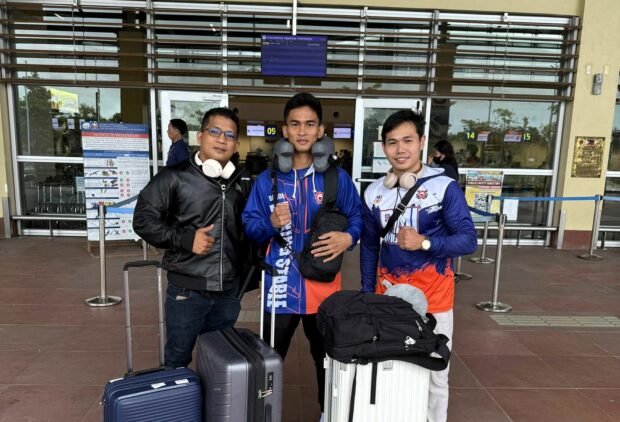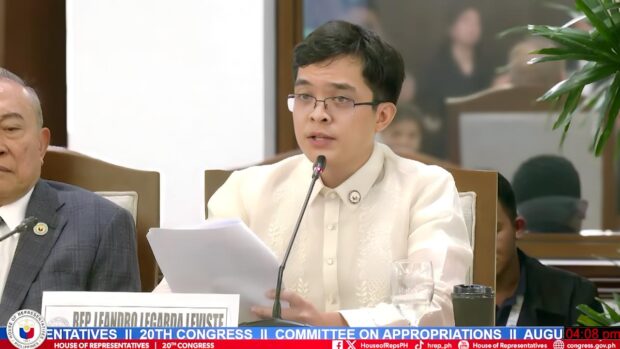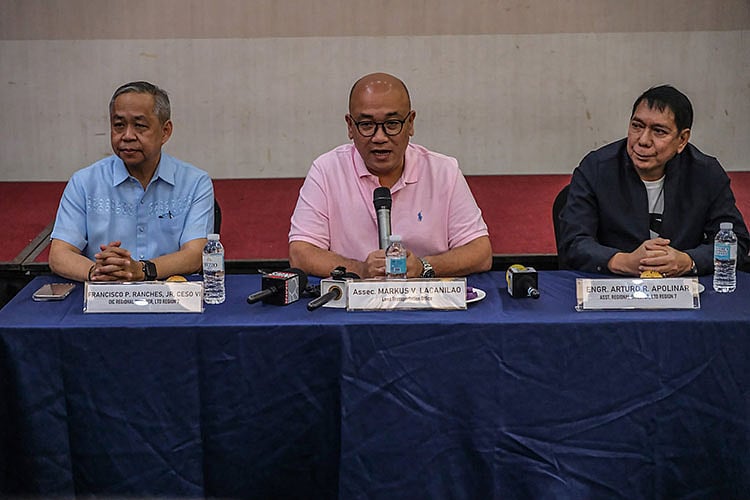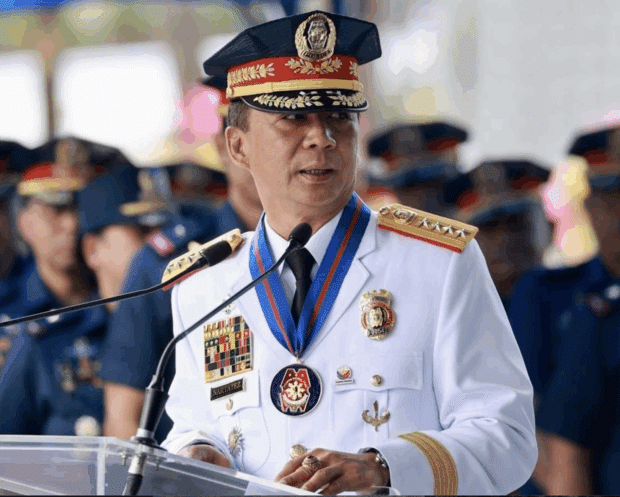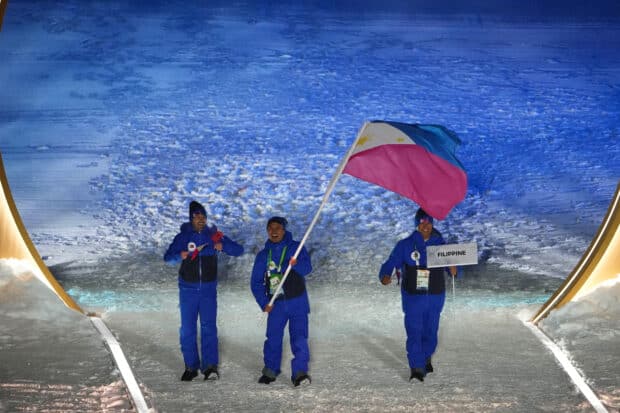
SCHEDULE: Team Philippines at Winter Olympics 2026
Team Philippines is represented in the ongoing Milano Cortina 2026 Winter Olympics by two Alpine skiers–Francis Ceccarelli and Tallulah Proulx. Ceccarelli and Proulx, the first woman to compete in the Winter Games for the Philippines, are competing in the slalom and giant slalom events in Italy. Alpine Skiing – Milano Cortina 2026 Winter Olympics Schedule – Team Philippines FRANCIS CECCARELLI Men’s Giant Slalom – February 14 (Manila time) Run 1 – 5:00 p.m. Run 2 – 8:30 p.m. Men’s Slalom – February 16 (Manila time) Run 1 – 5:00 p.m. Run 2 – 8:30 p.m. TALLULAH PROULX Women’s Giant Slalom […]... Keep on reading: SCHEDULE: Team Philippines at Winter Olympics 2026
